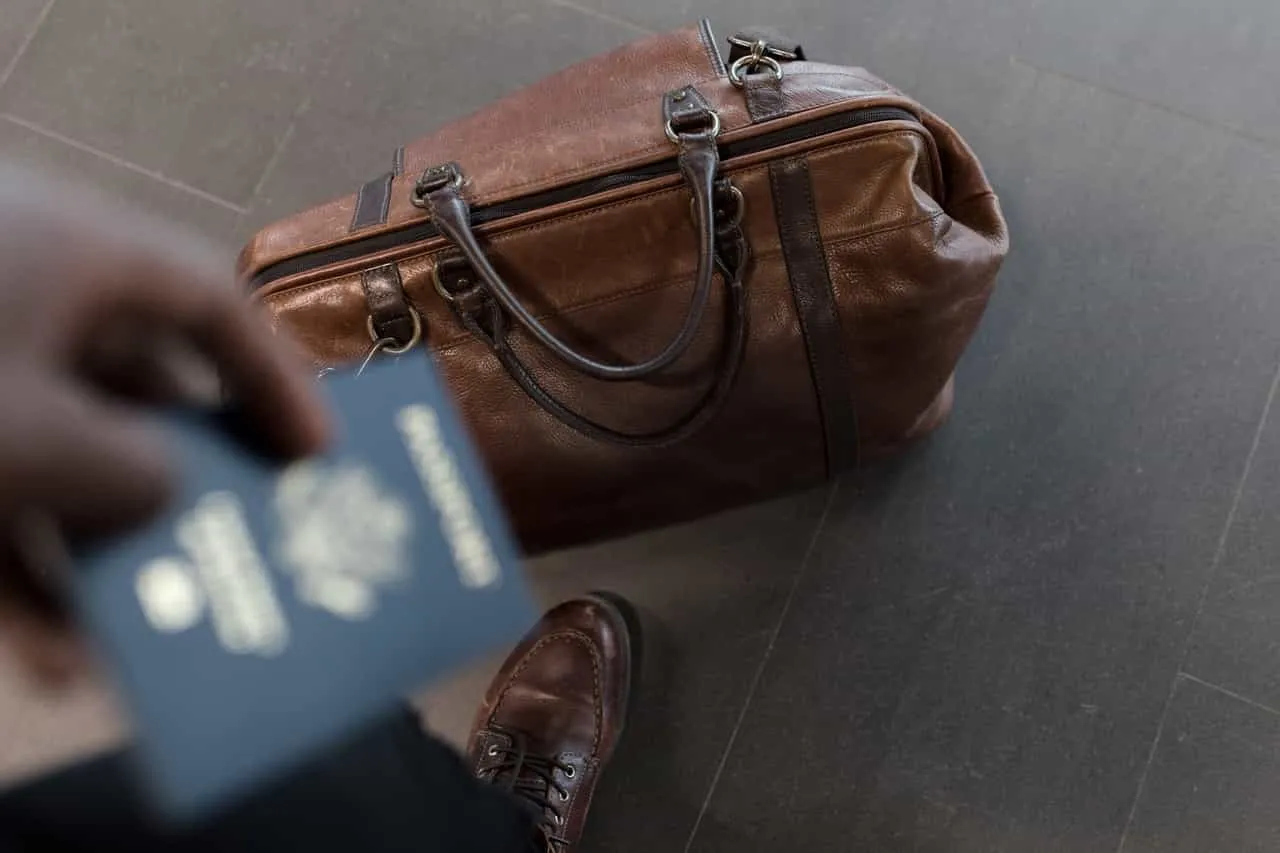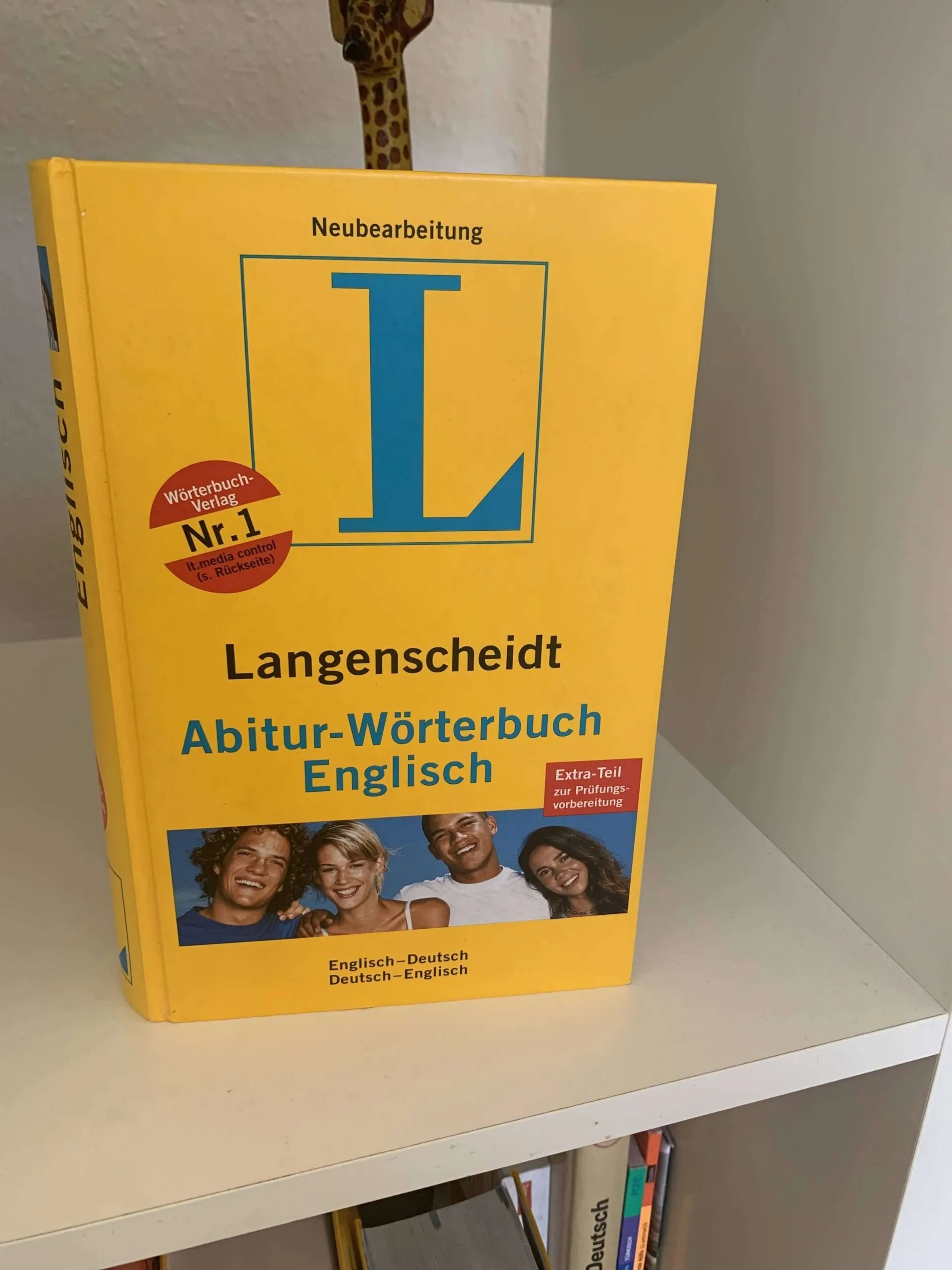You would like to live and work in Germany and are probably wondering about the German work permits that would make such plans a reality. There are actually two types of work permits that can be acquired and that are necessary if you are a non-EU citizen who would like to get a job in Germany
You can either go for a conventional work visa (or D-type visa), which is an entry-level visa that is issued for up to 2 years, or you can opt for a specialized work visa, a so-called EU Blue Card, which requires a university or college degree and an already existing employment contract with a German company and can be issued for up to 5 years.
In order to find out everything about these two types of work permits, and how to best acquire them, just keep reading this article.
Who Needs a German Work Visa?
Citizens of countries that are not included in the list below is required to obtain a work visa before entering Germany:
- EEA/EU member states
- United States of America
- Canada
- Australia
- New Zealand
- Switzerland
- Japan
- Israel
- the Republic of Korea
The following employment categories are eligible to apply for a German work visa, according to the German Residence Act:
Highly qualified foreigners, in particular:
- researchers with special technical knowledge
- teaching personnel in prominent positions or scientific personnel in prominent positions
Intra-corporate transferees, in particular:
- managers
- specialists
Furthermore, citizens of third-world countries are encouraged to apply for a German work visa if they have a university degree or a non-academic vocational qualification and fulfill the conditions listed below :
- There is a shortage of skilled workers in the profession you want to practice in Germany
- You have a concrete job offer
- Your education must be recognized as equivalent to a German degree
More about the German work visa requirements
What Are the Requirements for a German Work Visa?
There are a few special requirements that you would need to fulfill in order to qualify for a German work visa. These requirements have been set in the German Residence Act and include:
- Appropriate university diplomas or certificates of graduation that show that you meet the minimum qualification standards for being employed in your relevant field of study or work
- Employment contracts with companies, their branches, representative offices, and agencies located in Germany, and employers based outside of Germany who want to send their employees on assignments to work in Germany for more than three months
- Financial resources sufficient to support yourself during your stay
- Health insurance that covers you for the entire duration of your stay in Germany
- German language skills that are adequate enough that you can carry out professional duties and have a basic understanding of German society, as well as the ability to interact with people in your private life.
All documents, including employment contracts, certificates of graduation, and diplomas must be submitted in English. Translations into the German language may not be submitted alongside them.
How to Apply for a German Work Visa?
To apply for a German work visa, you should make sure that you fulfill all the requirements mentioned above. You will then need to apply for a visa at your German embassy or consulate in your home country.
The process of applying for a visa can take up to several months, so it is recommended that you start preparing your application as early as possible and submit it no later than 3 months before the expiration of your residence permit in Germany. The visa approval may also take longer than three months, so please bear that in mind.
You will not be able to enter Germany with this visa. For that, you will need a residence permit which is granted by the Immigration Office (Ausländerbehörde) after you arrive in Germany.
It is important to remember that the German work visa only allows you to have a job in Germany, while the residence permit allows you to reside and live in Germany. You can find more information on how to apply for a German residence permit further down in this article.
More on the German work visa and how to obtain it.
What Are the Requirements for a Blue Card in Germany?
The EU blue card is the classification of a residence permit for highly skilled professionals from outside the European Union. These are highly qualified workers that wish to live and work in Germany. It has been created for those who have a university degree and work experience in their relevant field of study or work.
A blue card enables holders to pursue employment freely and it has no restrictions on professions or positions of employment whatsoever. It functions similarly to the D-type work visa, the only difference being that it is issued for up to 5 years. However, at the end of this period, holders can apply for another blue card.
It must be noted that, although there are no restrictions on professions or positions of employment with this card, you will need to prove that you fulfill certain requirements in order to qualify for this card. You will need to present proof of a degree from a recognized university or college. If your degree does not come from a recognized university, you will also have to present a certificate of graduation from your university.
In order to qualify for a blue card, you will need to meet all the requirements that pertain to your field of studies or work. You would also need proof of financial resources that are sufficient enough to sustain yourself during your stay in Germany.
German authorities will only accept blue cards from the Federal Employment Agency (Bundesagentur für Arbeit) or from the actual employer. The Federal Employment Agency is responsible for the issuing of these cards and they would not let you apply for one if you are not qualified. You can only get a blue card from an employer who is a European Union resident or a resident with the proper work visa in Germany.
How to Apply for a Blue Card in Germany?
To apply for a blue card in Germany, you will need to prove that you are highly skilled and that the position you have applied for is of such a nature that it cannot be filled by a German applicant.
The initial application can be made at your local immigration office. You can also use the services of an intermediary service provider or lawyer, but this is not mandatory.
The application will require detailed information about yourself such as your educational qualifications, work history, employment contracts and certificates, awards, and honors received during your academic years. It may also call for evidence of additional skills that distinguish you from other applicants for the same position.
Please note that your application may be declined if the Federal Employment Agency decides that there are no employment bottlenecks or shortages of skilled workers in the specific sector.
Detailed information on the EU blue card.
What Is a German Residence Permit?
The German residence permit is granted to foreigners who have legal residence status in Germany – the so-called Aufenthalts status. It entitles foreign nationals to reside and work in Germany.
It is your employment contract in Germany that determines the period of time you are allowed to hold your residence permit. For example, if your contract is for two years, your permit will also be valid for two years.
However, you can renew your residence permit as many times as you need, given that you maintain your employment status. After five years, you can also apply for permanent residency status (Niederlassungserlaubnis).
How to Apply for a German Residence Permit?
The German legal immigration process implies obtaining a residence permit. This immigration document can be obtained from the Federal Foreign Office (Auswärtiges Amt).
In order to be able to obtain a residence permit in Germany, there are a few requirements that you will have to fulfill:
- Valid passport from another country
- No criminal record
- Proficient in German in at least a B1 level
- Have German health insurance
- Be financially stable and support yourself and your family
STEP TWO: Obtaining a German Residence Card
Once you have obtained your Aufenthaltserlaubnis (residence permit), you will receive a German residence card. This card serves as proof of your legal right to reside and work in Germany.
Although the single purpose of this residence card is to serve as an identity document, it also provides access to many social security benefits and some health services.
The residence card will be issued upon approval of your residence permit by the Federal Foreign Office.







